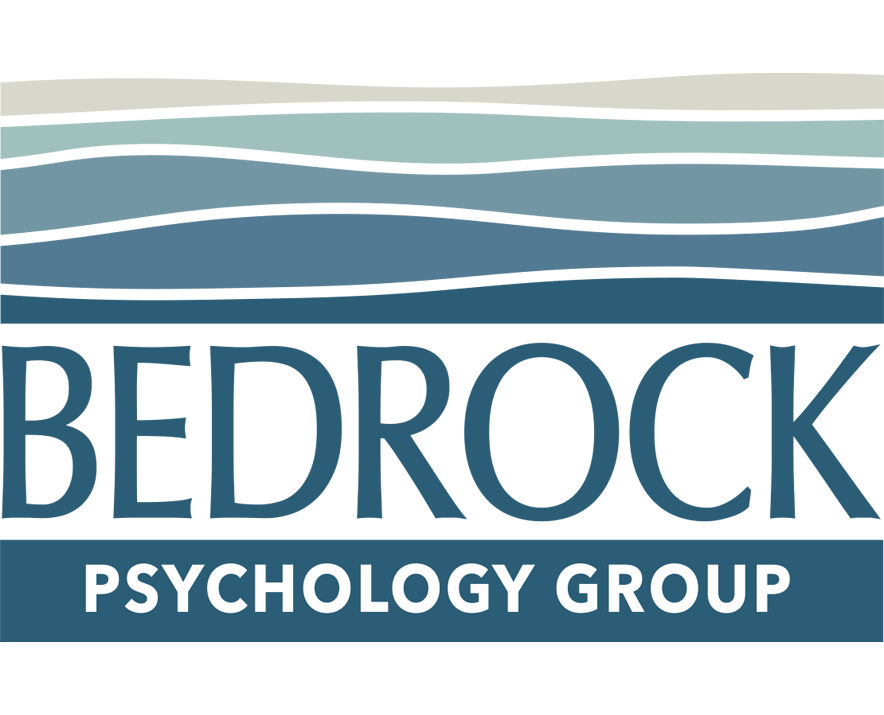What is the Difference Between ADD vs ADHD?
We often are asked how ADD and ADHD are different.
Guess what, they are the same thing. There is no difference.
The History of ADHD Terminology
- In ancient times, behaviors similar to those associated with ADHD were recognized but were often attributed to different causes or conditions. The concept of ADHD, as we understand it today, didn’t exist. However, one of the earliest references to symptoms resembling ADHD can be traced back to Hippocrates (460-375 BC), the Greek physician often referred to as the father of medicine. He described patients who had “quickened responses to sensory experience, but also less tenaciousness because the soul moves on quickly to the next impression”. Hippocrates attributed this condition to an “overbalance of fire over water” in the patient’s constitution. We’ve learned a lot since then.
- In the early 1900s, British pediatrician Sir George F. Still noticed some children behaving in a way he described as “defective moral control”.
- In the 1960s, the condition was officially recognized in the second edition of the Diagnostic and Statistical Manual of Mental Disorders (DSM-II) as a “Hyperkinetic Reaction of Childhood”.
- The DSM is a classification of mental disorders published by the American Psychiatric Association. It is widely used by healthcare professionals for diagnosis and treatment planning.
- The term ADD was first introduced in the DSM-III in 1980, specifically identifying cases without hyperactivity.
- However, in the DSM-III-R (1987), “ADD with or without hyperactivity” made its debut.
- The DSM-IV (1994) introduced the term ADHD with three subtypes: inattentive, hyperactive-impulsive, and combined type, which are still utilized in the current DSM-5.
This evolution of terminology showcases the ongoing expansion of our understanding and knowledge regarding this disorder. As researchers continue to delve deeper into its complexities, new insights and nuances emerge, leading to a more comprehensive understanding of this complex developmental disorder. The progression of terminology is a testament to our relentless pursuit of unraveling the mysteries surrounding this disorder, ultimately aiming to improve diagnosis, treatment, and support for those affected.
